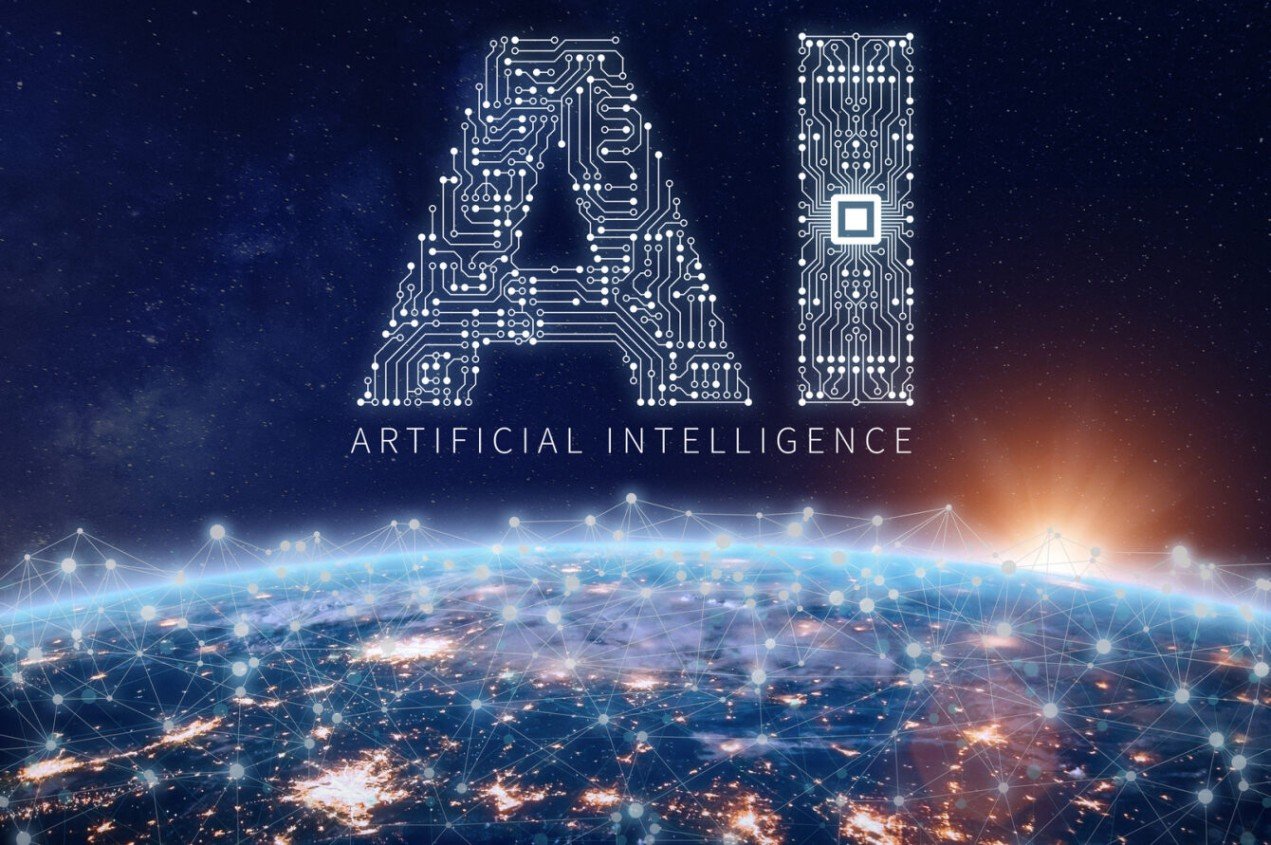As generative artificial intelligence (AI) continues to evolve, its impact stretches across numerous sectors, from software development to healthcare, altering how we interact with technology and each other. However, to fully harness its potential and navigate the challenges it presents, a nuanced understanding and a refined vocabulary are crucial. This article delves into the current landscape of generative AI, outlining its potential benefits, challenges, and the necessity for a better language to describe its future.
Key Highlights:
- Generative AI significantly enhances developer productivity and experience by automating tasks such as code documentation, generation, and refactoring, leading to happier and more focused developers.
- The technology raises important questions regarding copyright, bias, transparency, and sustainability, requiring careful consideration and policy development.
- Experts predict that generative AI will transform industries by revolutionizing healthcare, personalized medicine, and content creation, among others.
- Despite its vast potential, generative AI’s limitations, including issues of data quality and ethical concerns, necessitate a balanced approach to its development and deployment.
The Current State of Generative AI
Generative AI has rapidly progressed, from the introduction of large language models (LLMs) to the development of diffusion models that generate realistic images and text. This advancement has been powered by the transformer architecture, enabling a deeper understanding of contextual relationships within data. Applications have expanded into creative domains, offering new possibilities in art, music, and design, and practical uses in software development and business process optimization.
Challenges and Considerations
The journey of generative AI is not without its hurdles. Issues of copyright infringement, bias, and the potential for misuse necessitate a framework for responsible use and governance. Moreover, the environmental impact of running large AI models calls for sustainable practices in the technology’s development and application.
To fully realize the benefits while mitigating the risks of generative AI, a better language and framework for understanding and discussing this technology are essential. As generative AI continues to blend with various aspects of daily life and work, developing a lexicon that can encompass its complexity, potential, and challenges is crucial for fostering informed discussions, ethical use, and innovative applications.
The Trouble with Terminology
The term “AI” itself is a major culprit. It conjures images of sentient robots and supercomputers, while in reality, much of what we call “AI” is sophisticated pattern recognition powered by machine learning. “Generative AI” is an improvement, but even this term oversimplifies. It encompasses a spectrum of techniques with different capabilities, strengths, and weaknesses.
Beyond Image Generation
While image generators like DALL-E 2 and Midjourney have captured headlines, generative AI is not limited to visuals. Powerful language models like ChatGPT can produce remarkably human-like text, translate between languages, and even write different kinds of creative content. There are even generative AI tools for music, code, and more. This wide scope demands more nuanced vocabulary.
The future of generative AI holds immense promise, from enhancing human creativity to tackling global challenges. However, realizing this potential requires not only technological innovation but also a concerted effort to refine our language and approach to discussing and governing AI. As we stand on the brink of this new frontier, the dialogue around generative AI must evolve to ensure that its development is aligned with ethical standards and contributes positively to society.







